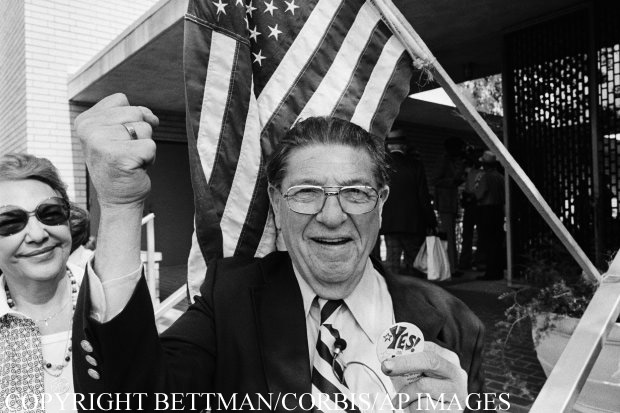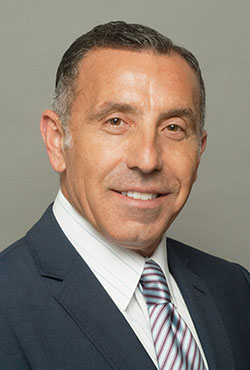Proposition 10: A Threat to All Property Owners and Investors
Watch Out! Proposition 13 Reform Coming
The California Assembly Appropriations Committee is currently reviewing a new bill, AB2372, that alters Proposition 13, which governs the reassessment of a commercial property when it changes ownership. As of last week, the bill has already passed among members of the Assembly Revenue and Taxation Committee and is quickly gaining momentum. If the bill is passed, it will severely affect the commercial real estate industry.
Prop. 13 currently states that a property must be reassessed to market value when a single buyer acquires at least 50 percent of ownership in a single transaction. The proposed bill would trigger reassessment when at least 90 percent of a property’s ownership changes in a three-year period. The change would seriously affect how business has been conducted over the past 35 years.
Support for the reform is heating up among Democrats and Republicans alike. The California Chamber of Commerce and the California Business Roundtable have both given their support of the measure. Even further, the Howard Jarvis Taxpayers Association, the architect of Prop. 13 back in 1978, has also removed opposition to AB2372.
“I think that the withdrawal of our opposition, at least for now, suggests that we don’t see this as a direct threat to Prop. 13,” said Jon Coupal, president of the Jarvis group.
Tom Ammiano of San Francisco and Raul Bocanegra of Pacoima, the main proponents of the new bill, believe that property owners have escaped taxation in a “loophole” for years by strategically structuring sales. When no one person has majority ownership, a property need not be reassessed and subject to higher tax.
Back in 2006, billionaire Michael Dell infamously structured his $200-million purchase of Santa Monica’s Fairmont Miramar Hotel to avoid paying higher property taxes. Dell and his partners strategically divided ownership into four parts – 49%, 42.5%, 8.5% and 8.5%. Because no one held more than 49% of ownership, the hotel kept its assessment from 1999 – saving Dell an estimated $1 million per year in property taxes.
“This particular loophole really pushed a button in people,” said Ammiano, about Michael Dell’s carefully structured transaction.
A similar situation arose in Napa Valley, when E&J Gallo Winery purchased the Louis Martini Winery and vineyard. The property was divided between the twelve members of the Martini family, none owning more than 50 percent. The property changed hands without reassessment when twelve members of the Gallo family bought the Martini’s shares identically. Gallo now saves about $200,000 annually in property taxes.
The measure would require two-thirds vote to pass. If AB2372 is approved, it would stop deals like Michael Dell’s and Gallo’s, effective immediately. Azzi Advisors will keep you up to date on the bill’s progress.






